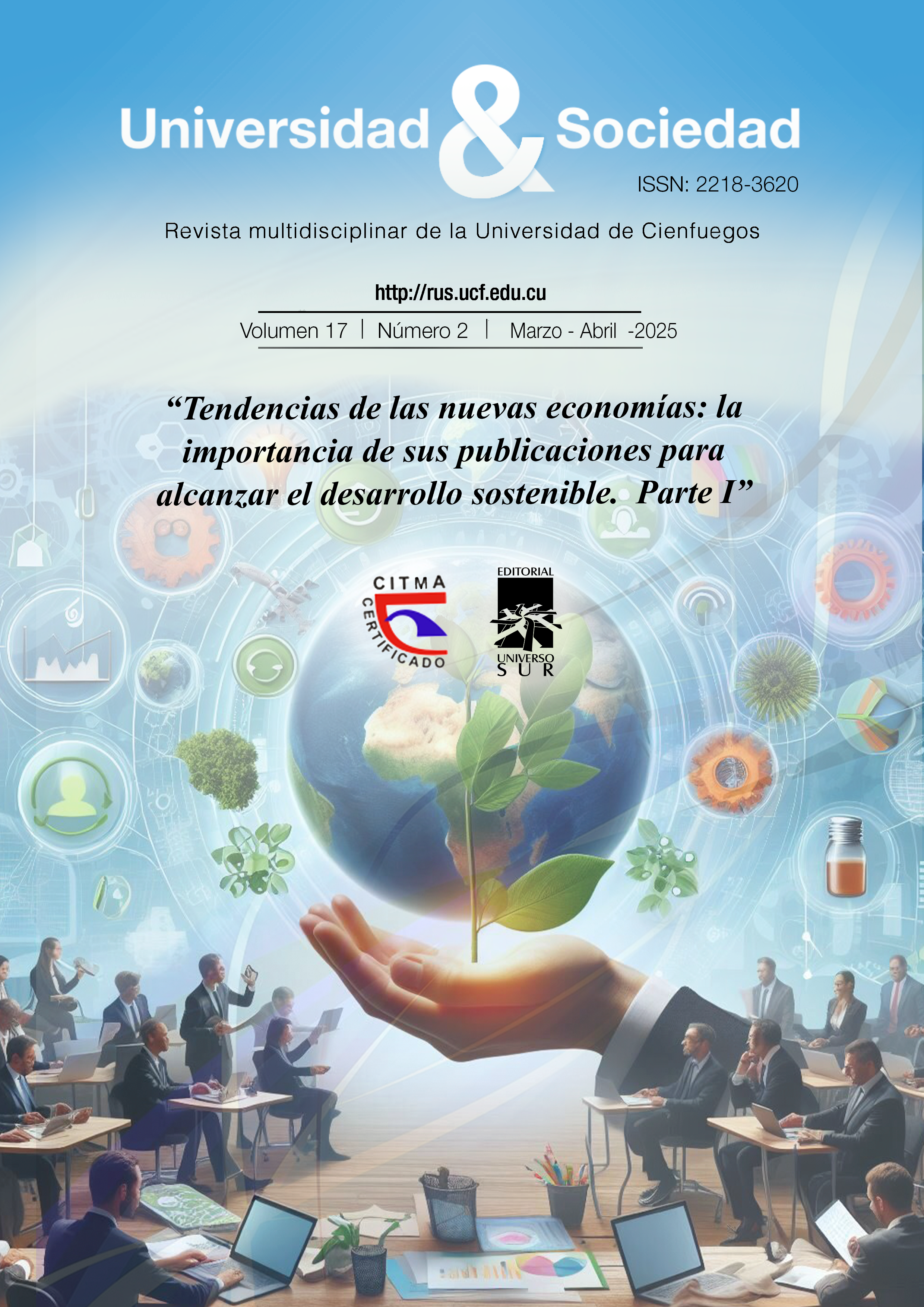Mosul and Turkey's regional interests in the new world order
Keywords:
Mosul, Turkey, Iraq, Middle East, Oil.Abstract
The Mosul Question represents a significant historical case study in post-Ottoman territorial disputes and resource-sharing agreements, with implications for understanding international relations in the Middle East during the early 20th century. While existing scholarship has primarily focused on the period leading up to the 1926 Frontier Treaty between Turkey and Iraq, there remains a gap in the literature regarding the treaty's long-term implementation and economic consequences. This study examines the complex aftermath of the 1926 Frontier Treaty, particularly focusing on the previously unexplored aspects of oil royalty payments from Iraq to Turkey. It is challenged the conventional narrative that Turkey accepted a fixed settlement of 500,000 pounds, presenting evidence from Turkish state budgets that indicates a different arrangement based on a ten percent royalty system that operated from 1931 to 1952. The research traces the evolution of the Mosul dispute from its origins in the post-World War I period through the Lausanne negotiations and subsequent League of Nations deliberations. Key findings reveal that contrary to traditional interpretations, Turkey received regular royalty payments for over two decades following the treaty. However, post-1952 relations were strained by issues of unpaid royalties and payment inadequacies. This study contributes to our understanding of early Turkish-Iraqi relations by demonstrating how economic agreements shaped bilateral relationships. The findings indicate that Turkey ultimately prioritized diplomatic relations over economic claims, adopting a conciliatory approach toward Iraq. This research provides valuable insights into the complex interplay between territorial settlements, resource agreements, and regional diplomacy in the post-Ottoman Middle East.
Downloads
Published
How to Cite
Issue
Section
License
Copyright (c) 2025 Editorial "Universo Sur"

This work is licensed under a Creative Commons Attribution-NonCommercial-NoDerivatives 4.0 International License.
La editorial "Universo Sur", de la Universidad de Cienfuegos, publica el contenido de la Revista "Universidad y Sociedad" bajo una Licencia Creative Commons Atribución-NoComercial-SinDerivar 4.0 Internacional.
© Podrá reproducirse, de forma parcial o total, el contenido de esta publicación, siempre que se haga de forma literal y se mencione la fuente.










